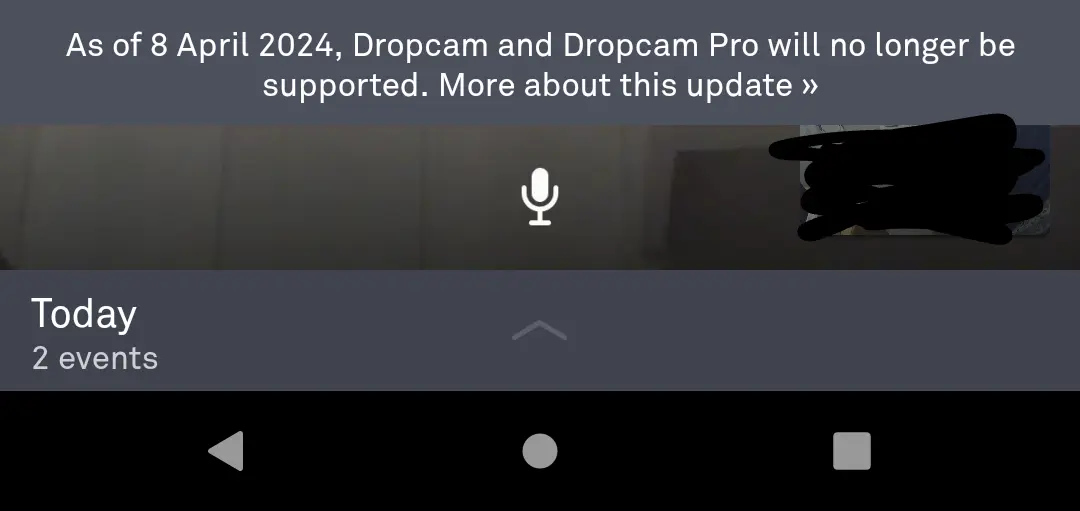this post was submitted on 11 Mar 2024
398 points (98.3% liked)
Technology
62073 readers
5847 users here now
This is a most excellent place for technology news and articles.
Our Rules
- Follow the lemmy.world rules.
- Only tech related content.
- Be excellent to each other!
- Mod approved content bots can post up to 10 articles per day.
- Threads asking for personal tech support may be deleted.
- Politics threads may be removed.
- No memes allowed as posts, OK to post as comments.
- Only approved bots from the list below, to ask if your bot can be added please contact us.
- Check for duplicates before posting, duplicates may be removed
- Accounts 7 days and younger will have their posts automatically removed.
Approved Bots
founded 2 years ago
MODERATORS
you are viewing a single comment's thread
view the rest of the comments
view the rest of the comments

I don't think we need to set a global minimum date, but the manufacturer should have to put a date on the box. If they don't support the device up to that date (including security updates and maintaining any required cloud services) then the consumer gets a full refund with possibly additional damages.
I think of it like the digital version of a nutrition facts table.
Good idea. If we do this and also add some sort of positive label on devices that work locally and are interoperable it might start a positive feedback loop: More people become aware of the issue or simply want the device with the better label when choosing in a store, leading to more manufacturers producing more devices that aren't cloud-dependent.
Right now I often see the opposite happening: Manufacturers who don't even put on their packaging that their system is really just Zigbee under the hood for example.
Yeah. For sure. If your device doesn't depend on a cloud service you can put that on your label and it is basically a gold star.
Although even local devices should get security updates. The radios and the firmware speaking the ZigBee protocol can have vulnerabilities.